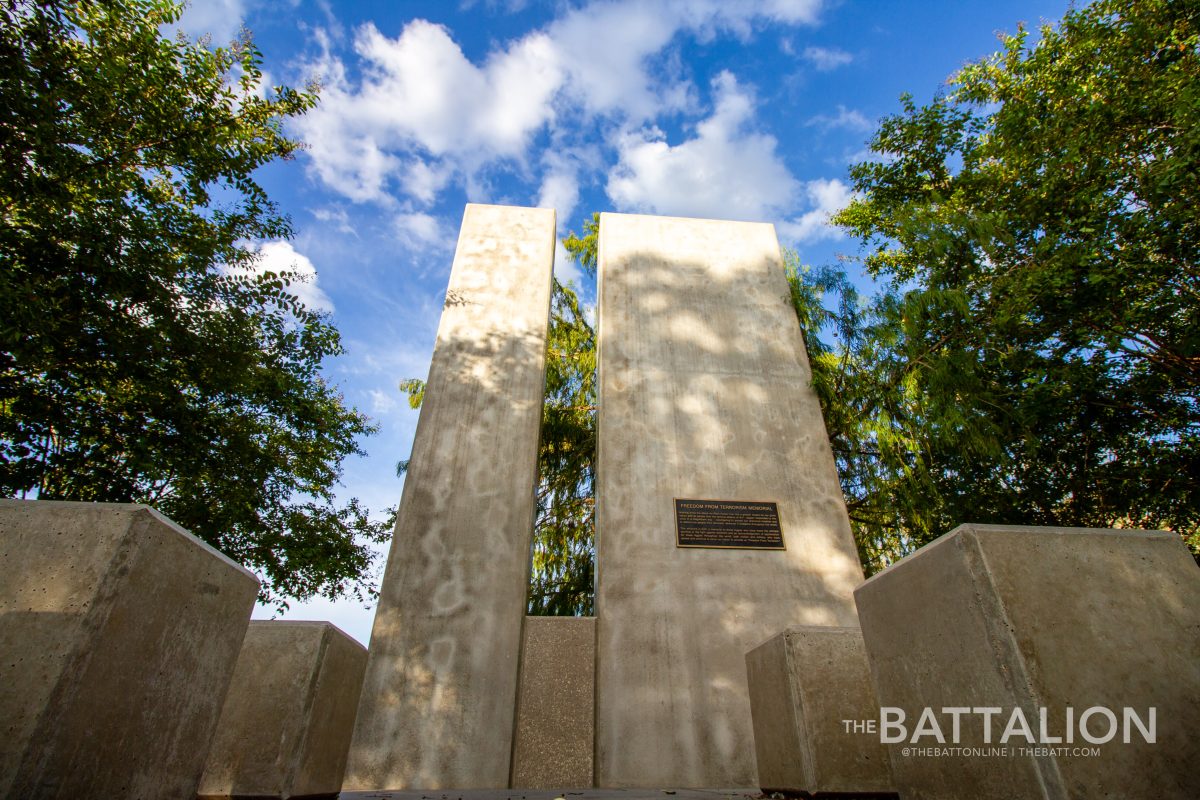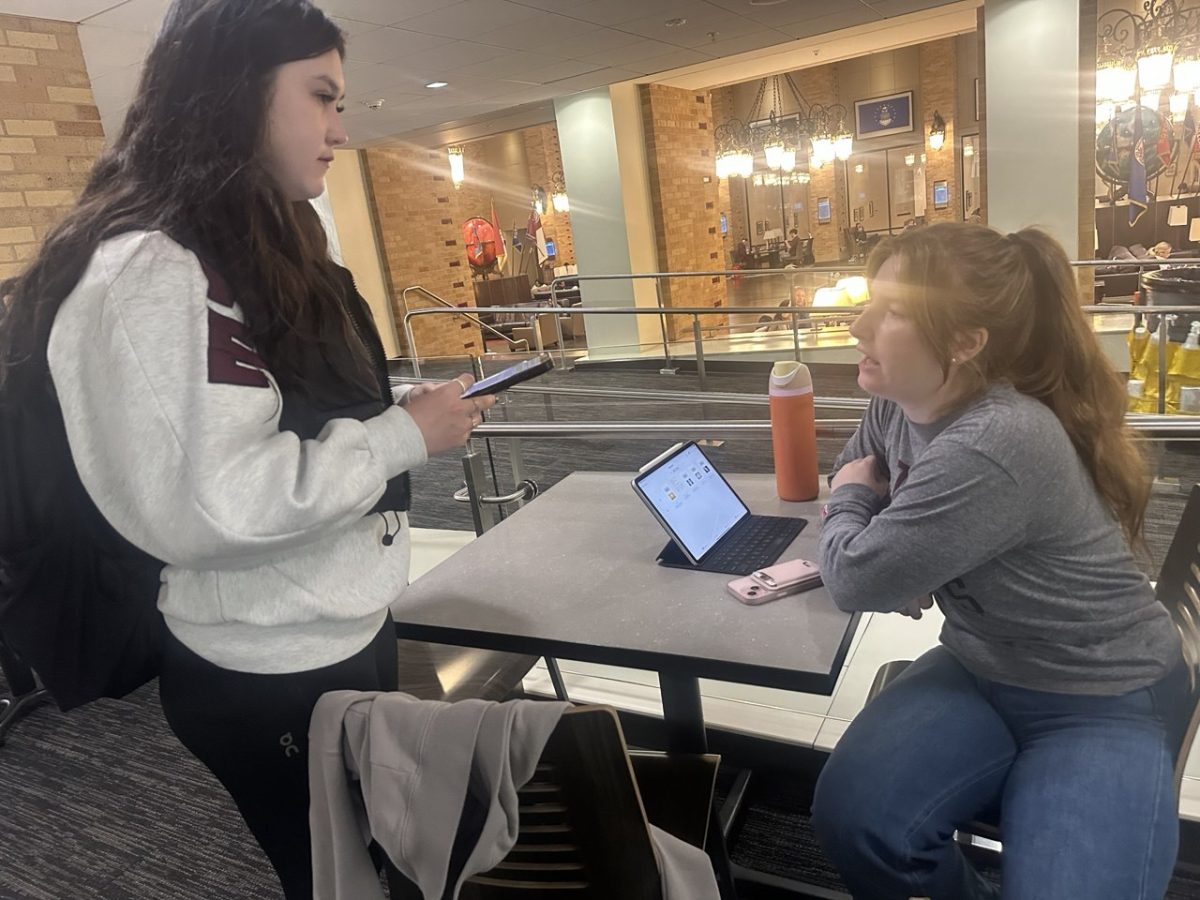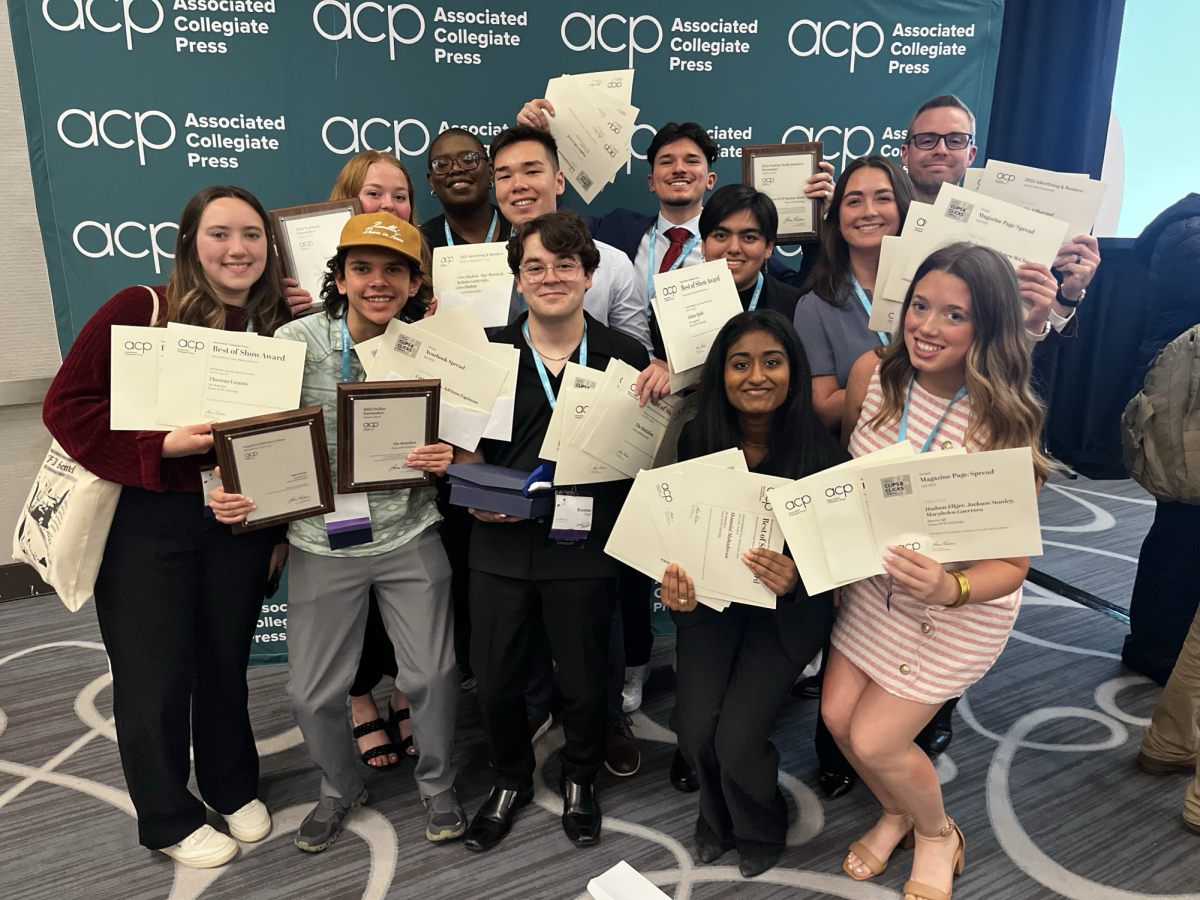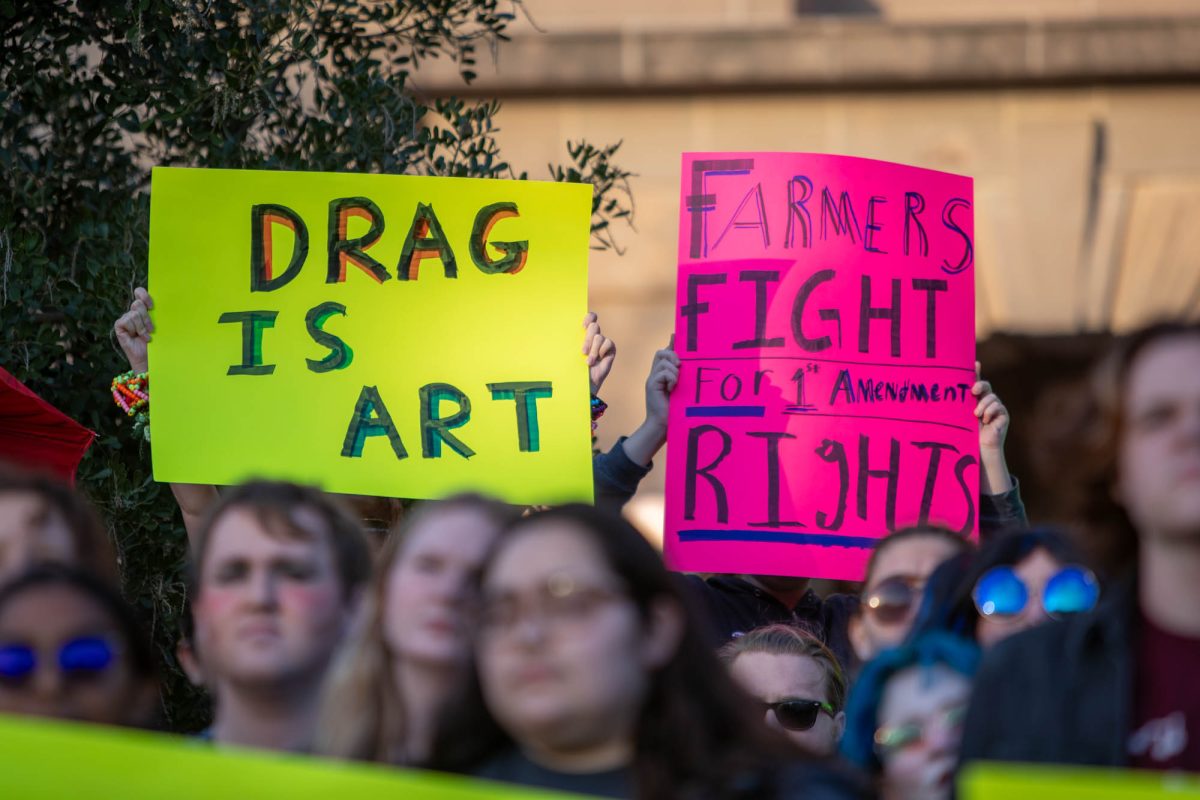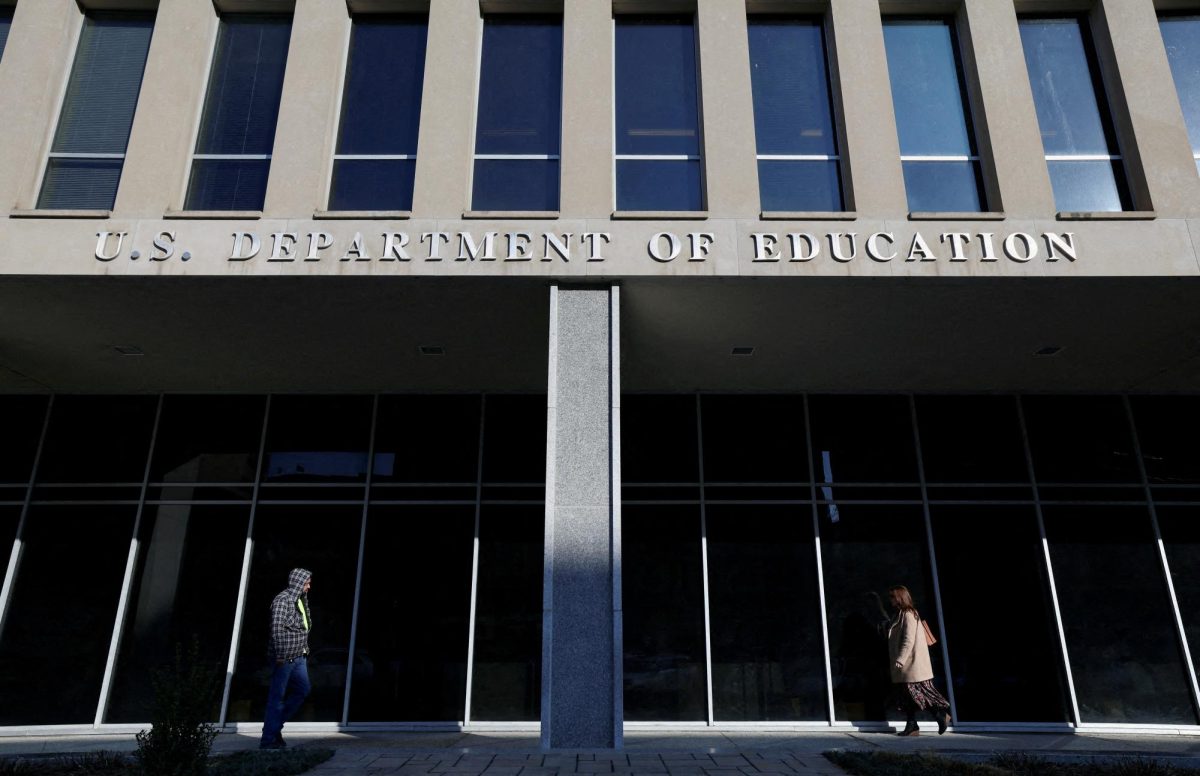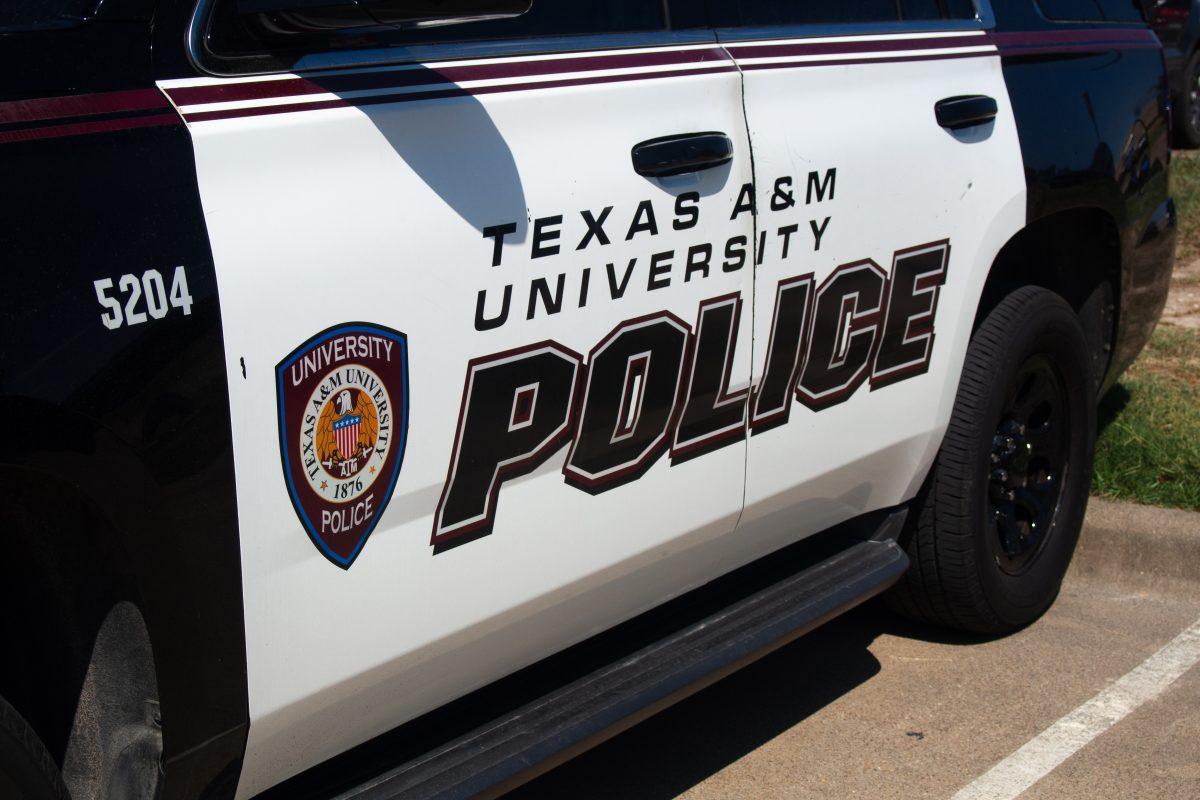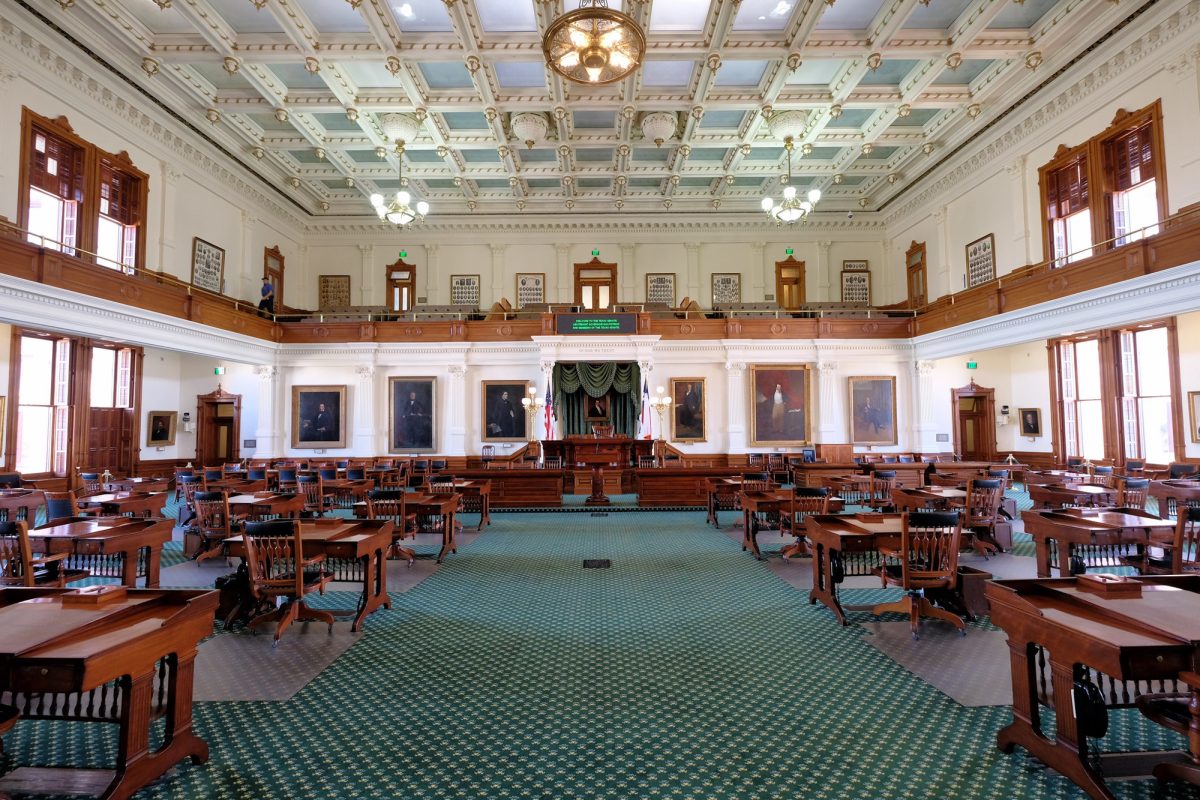The sun rose the morning of Sept. 12, but the tragedy of the previous day still cast its shadow across the country.
“Despicable acts of terror,” as former U.S. President George W. Bush once described them, tore through the New York City skyline 18 years ago, forever altering the lives of a nation’s people. In the face of unimaginable adversity, individuals across the land sought hope in the hands of their fellow countrymen. Grief gave way to purpose, because while each Sept. 11 is a day of remembrance, the nation is reminded of the resilience needed to keep moving forward.
Twelve years before he became a political science lecturer at Texas A&M, Dwight Roblyer was serving as an Air Force Lieutenant Colonel and war gamer in the studies, analysis and gaming division of the Pentagon. Roblyer, Class of 1984, was not in the building the morning Flight 77 penetrated the west side of the Pentagon. He was at home helping his kids with their math homework before a phone call from a friend prompted him to the upstairs television set.
“It was horrible to see what was going on in New York City, but then to see the Pentagon attacked like that gets you at multiple levels,” Roblyer said. “One is, hey, those folks are my comrades in arms and some of them I know well, and then also to realize it’s not just an attack against our people and our economy, but it’s also an attack that’s being directed toward our government. There’s that feeling of, ‘Okay, what is going to get attacked next?’”
Two weeks passed before Roblyer would return to work and witness the gaping wound firsthand.
“I showed up to the Pentagon when it was still dark,” Roblyer said. “It was sort of like you would expect a war zone to be. It still smelled of smoke. There were still extremely bright flood lights flooding the side that had been struck, and a whole side of the Pentagon that was normally filled with cars was instead filled with all kinds of vehicles from the different organizations that were there to try and help with the aftermath.”
The world changed on Sept. 11, Roblyer said, and born out of this new world was an urgent need to come together.
“You feel this overwhelming sense of threat, but you also feel like you want to be doing something,” Roblyer said. “If you can’t do something to fight back, you want to do something to help, so us sort of manning the phones and trying to get messages through to family members on that day was at least something that we could do. It’s tough to be in a place like that and just feel powerless, so phone calls were something tangible, though small.”
For Mariano Castillo, Class of 2002, the stunned silence of cadets in open doorways on the quad was the first sign of trouble on the morning of Sept. 11.
“It’s hard for me to remember what I felt in that moment other than disbelief,” Castillo said. “I remember seeing what was happening, and I think I had been getting ready for class. I finished getting my uniform on and I walked to the classroom where I was going to have my class, and after about a minute, I just stood up and told the professor, ‘I can’t be here right now. I need to be in the newsroom.’”
Now a CNN digital news editor, Castillo was serving as managing editor at The Battalion the day the towers fell. Following his exit from lecture, Castillo walked straight to the newsroom, where he would pen an open letter to his distraught Aggie peers.
“One of my duties that day was to sit down and to distill, into 250 words, what we as students and we as a nation were feeling,” Castillo said. “I can still picture myself in the newsroom, sitting behind that computer after a very emotional day and being unsure of what this meant. Being unsure if our country was being changed. Unsure of what it meant for us locally, and trying to put some of those feelings into words.”
On a day of devastation, Castillo recalls the comfort he took in the sight of student journalists filling the newsroom, ready to report.
“One of the things that was great about working at the student paper is that it gave us a way to start coping by doing something in response to what we saw,” Castillo said. “We couldn’t see the smoke from where we were. We were thousands of miles away, but we were impacted in writing about it that day. It was a way to start processing what had happened.”
Then-Editor-in-Chief Brady Creel, Class of 2003, awoke that morning to a beeping pager and a blaring landline. He had made it home from a late night in the newsroom mere hours before, but was out the door again when his team needed him.
“I was swept back to memories of the day that Bonfire fell,” Creel said. “The urgency and seriousness in the newsroom were the same that morning as they had been on Nov. 18, 1999 — the mood was somber but dutiful. The Battalion staff had to set emotion aside to produce content for the next day’s edition. Wire services and cable networks were explaining what was happening across the country.”
According to Creel, the defining moment of his generation may have been sparked by an act of extreme prejudice, but it is the events which followed he is reminded of most.
“It’s surreal to consider that an entire generation of college students has no memory of 9/11,” Creel said. “In so many ways, it still seems like yesterday, and as I think back over the past 18 years, I’m reminded of the many brave Aggies who have served in the War on Terror that continues today. Friends and classmates from my college days went across the world into harm’s way, and too many of them made the ultimate sacrifice. When we talk about leaders graduating from Texas A&M, those men and women — and all those like them — are second to none.”
Aggies recall experiences from Sept. 11, acts of service and solidarity in days following attacks
September 12, 2019
Photo by Photo by Meredith Seaver
The Freedom from Terrorism Memorial stands at the front of the Quad as a tribute to Aggies that have served and continue to serve the US in the War on Terror.
0
Donate to The Battalion
$1965
$5000
Contributed
Our Goal
Your donation will support the student journalists of Texas A&M University - College Station. Your contribution will allow us to purchase equipment and cover our annual website hosting costs, in addition to paying freelance staffers for their work, travel costs for coverage and more!
More to Discover




